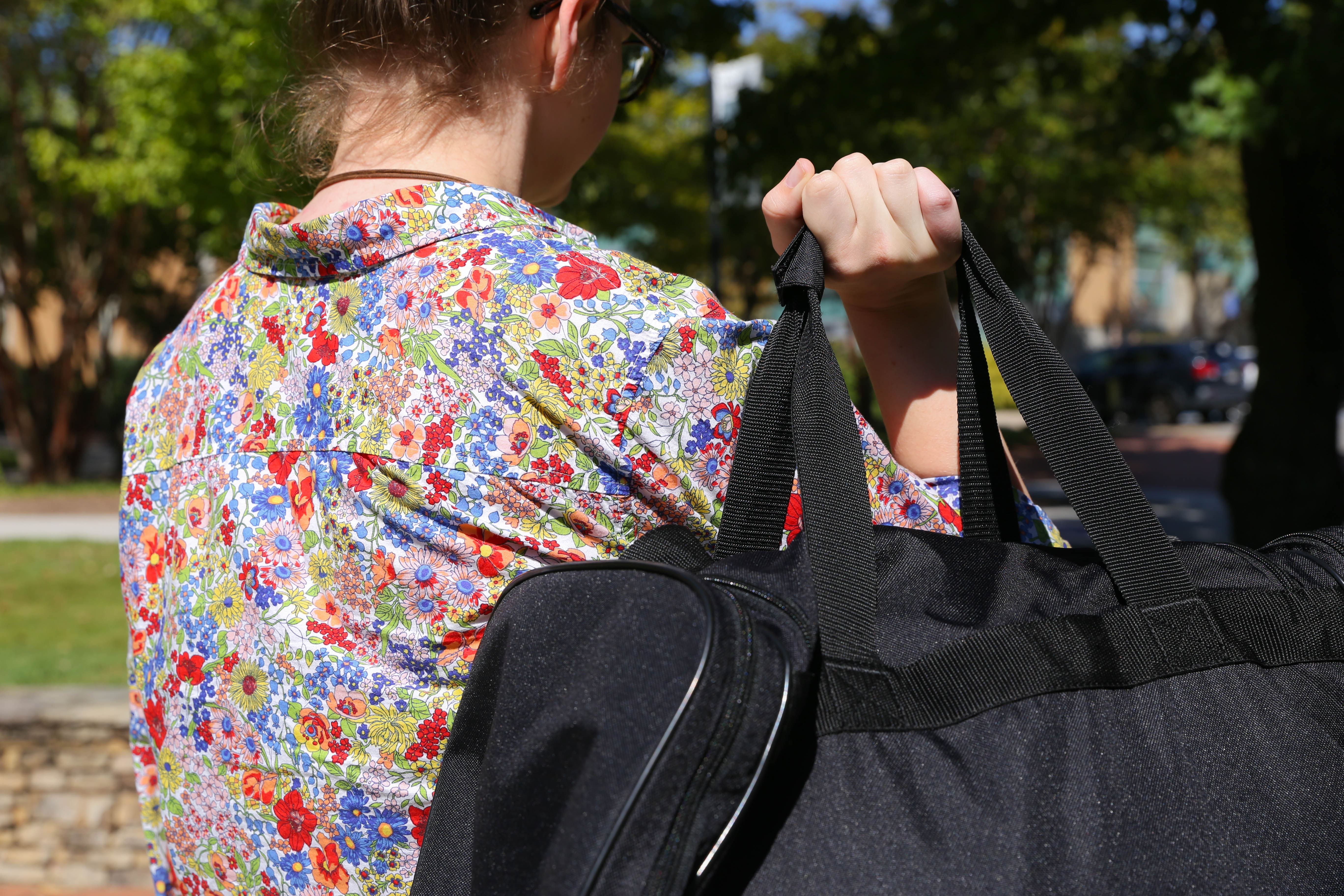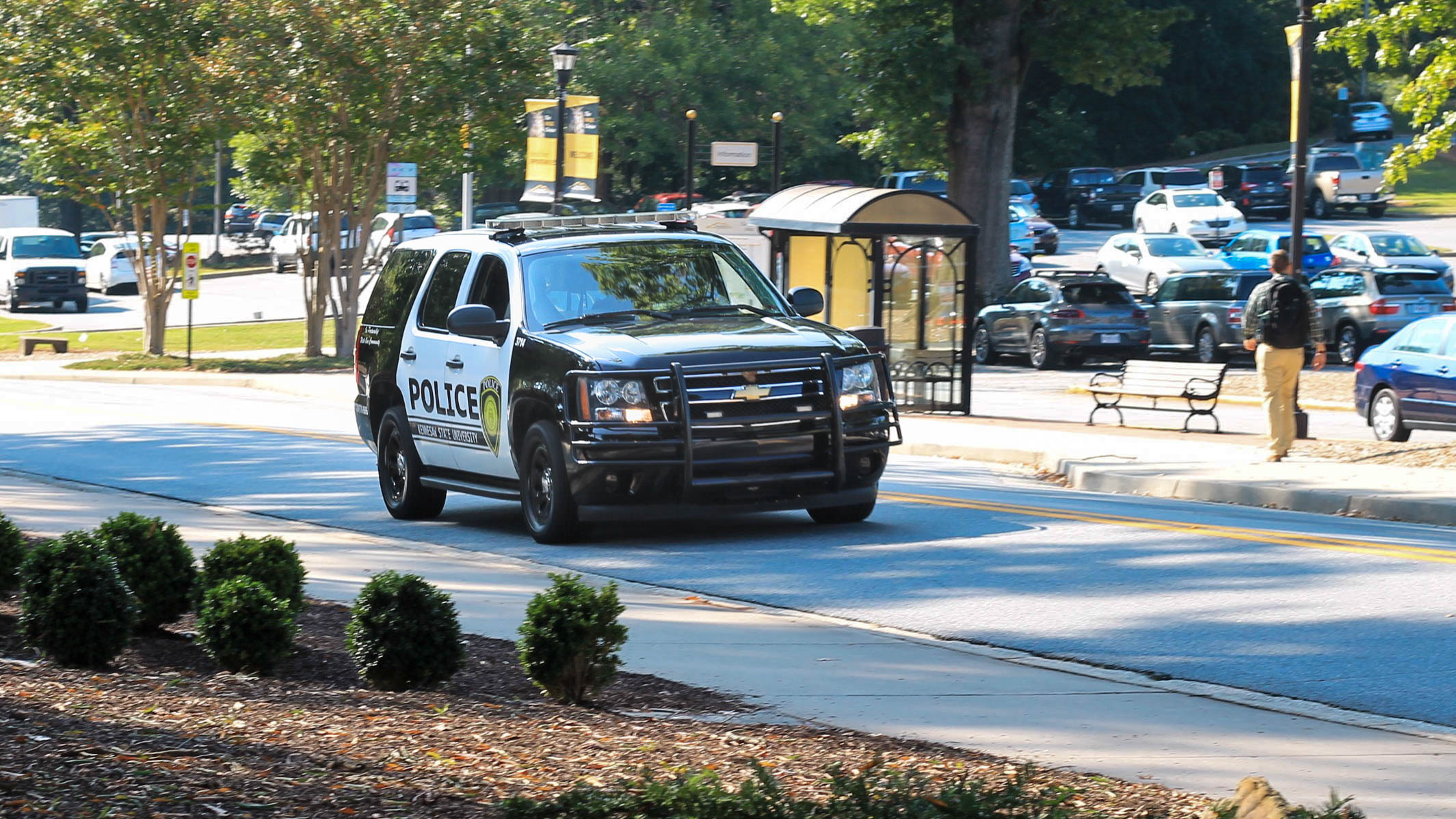Some people enjoy touring other countries in order to participate in volunteer work — this trend has become known as “voluntourism.”
Although voluntourism seems helpful on the surface, it can actually be very harmful in the long run because of the unintended consequences it can inflict on international communities.
When students begin a volunteer project, they often are not prepared with the necessary skills needed in order to complete it successfully. For example, a New York Times article explains how well-intended Christian missionaries created difficulty for a community in Haiti after building a school.
The reporter claims that local Haitian constructors could have built the school in a shorter amount of time due to their experience in masonry. Instead, they watched their potential employment taken by visiting missionaries, who carried on with the construction of the school.
Haitian constructors could have earned an income if they built the school, and the missionaries could have donated the money to an organization with more expertise in construction instead of spending it to travel to the country themselves.
Additionally, the organizations building schools in Haiti said they had “no plans or money left to hire staff for the newly built school.” A school without a staff would be considered useless and a waste of resources.
Most volunteer projects require money, which is usually obtained through donations. However, the management of how this donated money is spent is just as important as how much money an organization receives.
An article published by ProPublica explains how the Red Cross once misspent the money they raised on a project in Haiti. The goal was to build hundreds of homes for families in need, and yet only six were actually built. If the Red Cross spent the money on willing workers, translators for the language barrier and proper maintenance for the homes they built, the project could have turned out to be much more successful.
Due to communication issues, land disputes and the inability to find suitable help, the Red Cross found themselves wasting money. Once the Red Cross realized that they were unable to properly complete the project, they gave the donations they raised to other groups better suited for the task.
Despite all of the negative impact that voluntourism has, it does have its benefits when executed correctly. An article by World Vision states the good that voluntourism can do if proper measures are taken place. With a well thought out plan and the right people equipped for the job, students can start to help and aid communities for the better.
“You’re [abroad] to experience the culture,” freshmen geography major Caleb Gladden said. “Why not help the people there while you’re at it, as long as they’re accepting of it?”
Volunteer projects aim to improve the lives of others in life-threatening situations, which is something that takes years of expertise and proper funds to do. If students decide to participate in voluntourism, they should be aware of what they can and cannot do, while researching ways to improve both themselves and the organizations they volunteer under.



